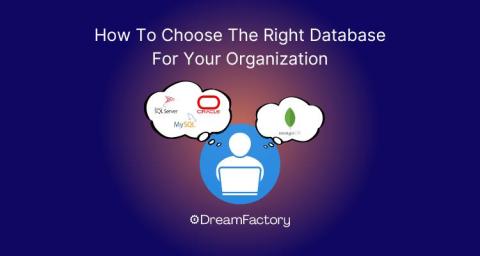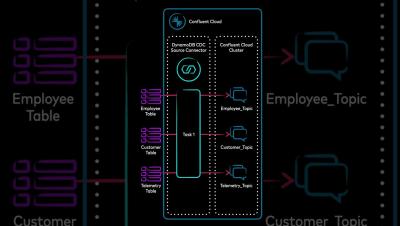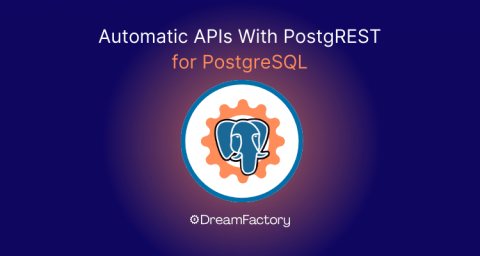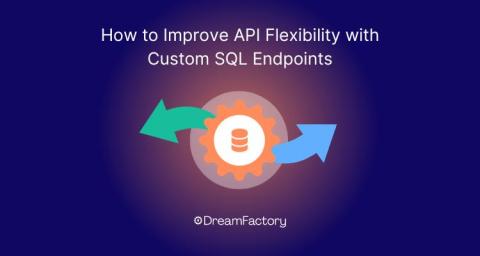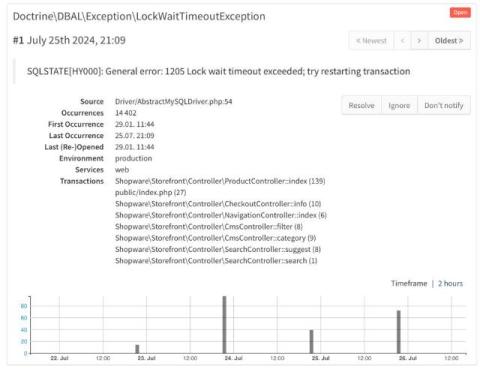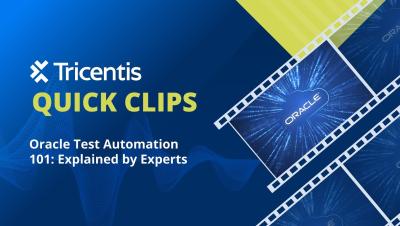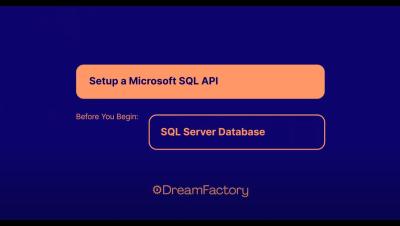Caching in Laravel with Redis: a complete guide
Laravel is a web application framework built with PHP. It’s a framework that uses providers and dependency injections for code organization. It follows a model-view-controller design pattern. Laravel reuses the existing components of different frameworks, which helps in creating a web application. Thus, the application is designed to be more structured and pragmatic.


